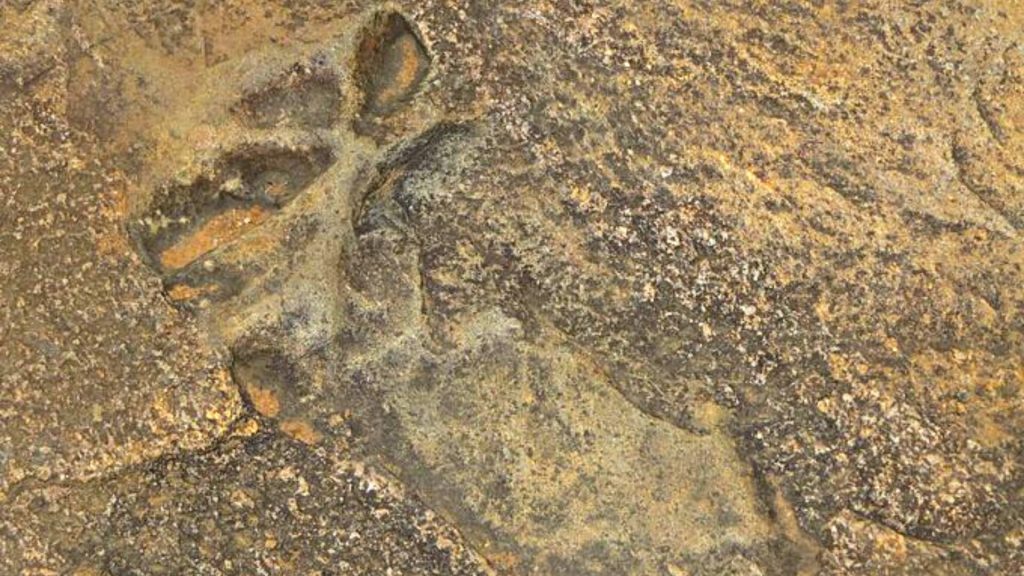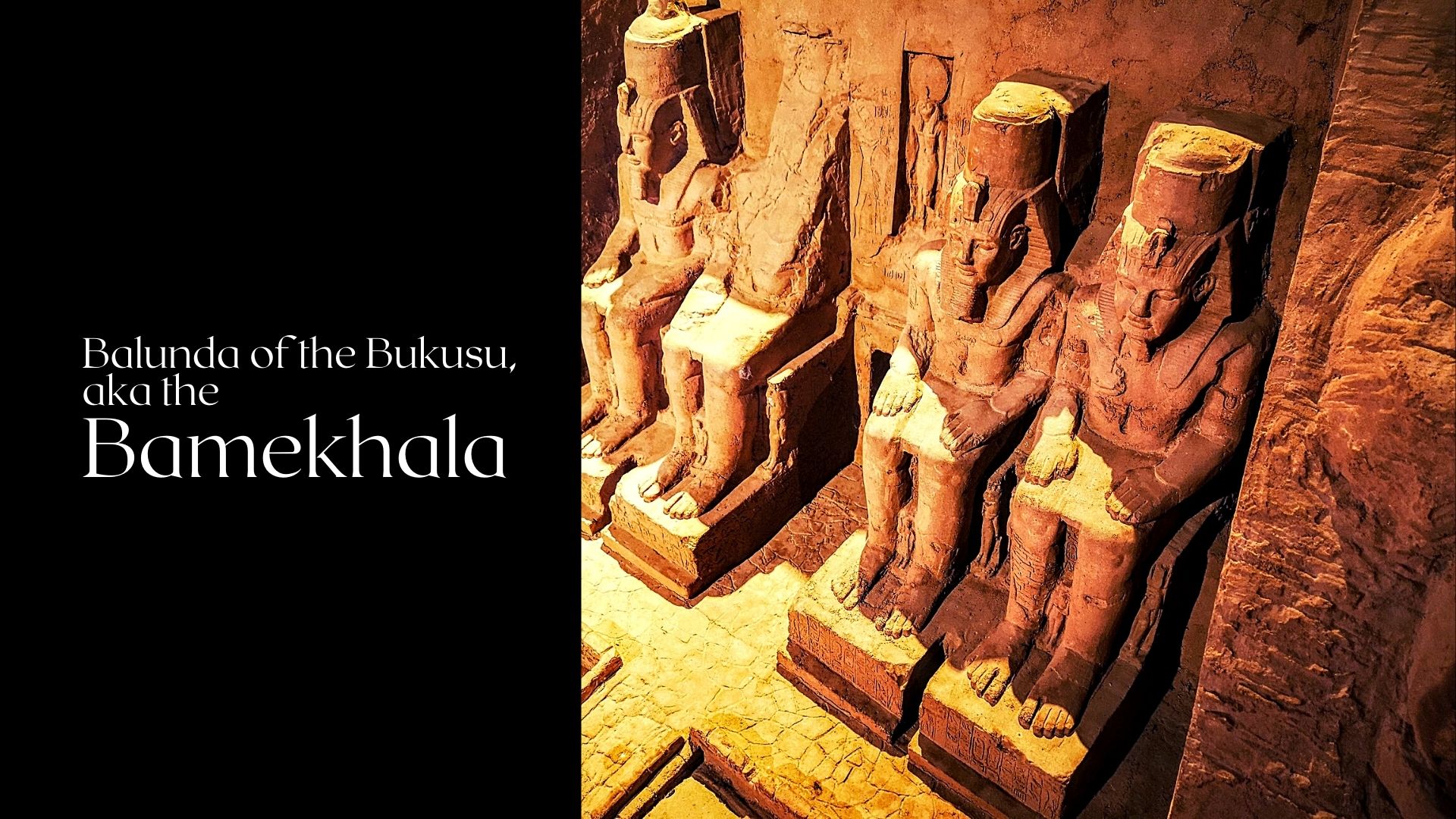A short story about Balunda clan of the Bukusu on their rich culture and history as a people.
Subscribe to Mulembe Weekly
Get culture, language, stories and discussions in your inbox every Friday 5 PM East Africa Time
The Balunda are commonly called the ‘batikitia ekulu’ in Bukusu language; meaning those with power over the heavens. You might call them the rain makers for it is believed that they posses supernatural powers to postpone or bring rain.
In contemporary times, without doubt Balunda 001 has to be Hon. Musikari Kombo. He of Webuye constituency. The former leader of the Kutalang’i party, Ford Kenya, and once a powerful Minister of Local Government and Regional Development.
A people who for their culture have been misunderstood at best, vilified at worst
I mention the honorable omwami for one reason – politics is a dirty game. And as they say, “strike the shepherd to scatter the sheep”. Strike the shepherd they did. The good, most amiable of politicians western Kenya has ever produced, Hon. Musikari Kombo in his eventful successful political life had to once face a by-election brought about by an opponent’s successful petition.
His political nemesis, Joseph Maloba Elima, exploited the convenience of the rich culture of Kombo’s fathers to accuse mweshimiwa of using witchcraft to win the 1992 general election.
As reported by The Standard, In a Nairobi court ruling delivered on November 17, 1994 by judges Emmanuel O’kubasu, GP Mbito and John Mwera, former Webuye MP and Regional Development Cabinet Minister Musikari Kombo, was found guilty of administering traditional oaths to bind and instill fear in voters to elect him during the 1992 General Election.
Beyond this unfortunate tag, Musikari Kombo aka omusinde wa’Nasipwondi has had also to suffer the ignominy of having to prove that he’s Kenyan. Once again, politics was in play as opponents claimed his was Malawian.
This is despite the fact that being a Mulunda, Hon. Musikari Kombo can trace his roots by way of an origin story which in my opinion, has to be one of the most interesting among Luhya clans.
This Malawian tag once again cements the Balunda as a unique people. Because the way politics works sometimes, groups that are different in whichever way are termed alien and therefore undeserving of leadership.
The Bamekhala, Omunandika
The hate notwithstanding, it’s admirable how in spite of these vicious attacks on the most prominent member of their clan in modern times, the Balunda remain a proud people. Take how the Balunda insistently refer to themselves as bamekhala: meaning, the ones who are buried seated Then there’s this another self christened moniker that the Balunda are proud of: banandika.
Well I’m not fully aware of what Balunda mean by ‘banandika’ when they talk of themselves, but the following self-introduction common among the Balunda might offer some valuable insight. When you meet a proud mulunda, they will introduce themselves like this:
Ese Wanjala wa Singoro Omulunda khukhwama Ekuywa, omumekhala, omunandika watikitia ekulu.
Translated as: I am Wanjala son of Singoro from Kuywa of Balunda clan, the ones who bury each other while seated, omunandika, those ones who tickle heavens.
About Balunda of the Bukusu and their much talked of tradition of burying their dead seated
The Balunda of the Bukusu are today domiciled in Bungoma Counties and spread to other lower parts of Busia, Kakamega and Trans Nzoia Counties. It’s important to mention these parts of Kenya lest you get taken aback as I was many years ago in Webuye Town.
I had visited the local carpenter to commission a bed having earned my first salary.
It was the first time I saw a coffin designed to bury its occupant seated. I remember it as quite the sight. It’s imposing boxed chair design coming to shape as the carpenter’s brow glistened with sweat from his troubles getting the to hinges to work.
The carpenter, a Mulunda, admirably worked on the L-shaped casket with utmost dedication. He explained that the dimensions had to be right so that the deceased could be well positioned sited.
It had to be just right so that in his peaceful rest of death, through the look glass he faces back at mourners paying their last respects. Needless to add, I gave him the job of making me a bed to rest on in my living life without a second thought. If he could pull that coffin, what little trouble would a bed be?
How the Balunda came to bury their dead seated
Oral history about the origins of Balunda talks of an old man by the name Mulunda.
Mulunda was a peasant farmer who one day went grazing his livestock in the fields as was his routine. Being old and feeble, he often sat in the bushes to enjoy the shade against the hot sun.
But on this sad day, his soul left his body and died while seated. Unknowingly, his herd of animals continued grazing around him. And when the sun went to sleep and the old man had not returned home, his kinsmen went in search of him. Shock on them, they found him dead seated, his cows and goats were still grazing.
Kamaroro
In line with Bukusu burial rites, Mulunda was taken home and interred. But after few days, it is said he ‘came through a dream’ to one of his family members. Among the Bukusu, This kind of dream where dead people come to those alive to pass on a message are known as kamaroro ke bamakombe.
In this dream Mulunda’s mesage was simple. He was angry that he had been buried prone while he had died while seated. Apparently, curiously no one took the dream seriously. Up to until, it is said, when members of his family started one after the other, dying mysteriously.
The mysterious deaths, occasioned old men of the clan to exhume the body of the late Mulunda and prepare a special grave. Oral literature has it that some rituals were performed to appease his soul. Thereafter, he was reburied according to his wishes: whilst seated.
And this is how it came to be that the Balunda clan of Babukusu bury their kin while seated.
To date, as I witnessed with Musikari Kombo’s elder brother sometime in October of 2020, men of the Balunda clan are buried seated. Wives married into the Balunda are also buried in a sitting position.
However, daughters born to the Balunda never get the privilege of this special burial. This is because according to Bukusu Marriage Customs, girls only get married outside their clans. Therefore, the queens Balunda get buried according to the customs of the clans of their husbands.
Sikele sia
There are footprints of a boy-man in Samulia village, East Bukusu, Bungoma County. These foot shaped imprint on molten rock is today a local attraction and a favorite chill spot for lovers on a date.
If you need to get there, the are found on your way to Sangalo hills reserve. In modern times, the footprints have been christened the footprints of Jesus Christ.
But ask a Mulunda and he will tell you of a boy by the name Mulia (Mulya); hence sikele sia Mulia (Lubukusu, the feet of Mulia). This herds boy one of their own, is lionized as a Harry Porter type figure with light feet, and ease with magic.



This blogger has had no content
Hi Ben, Sorry about this experience. Try refreshing your browser by clearing your cache and try again.